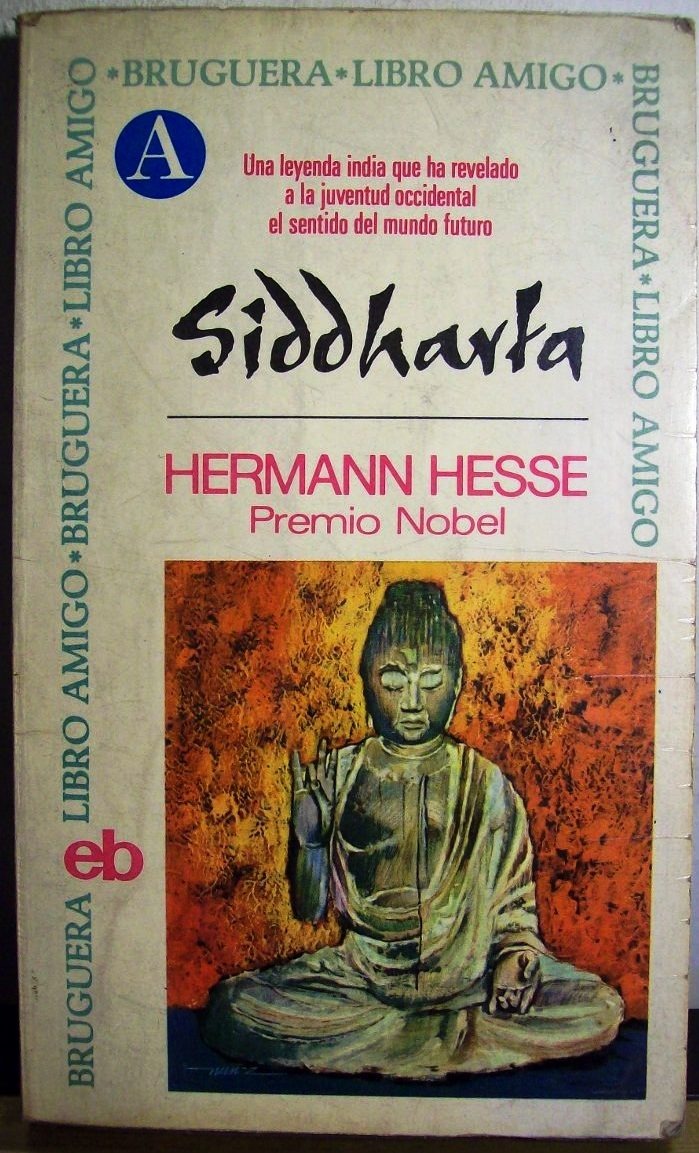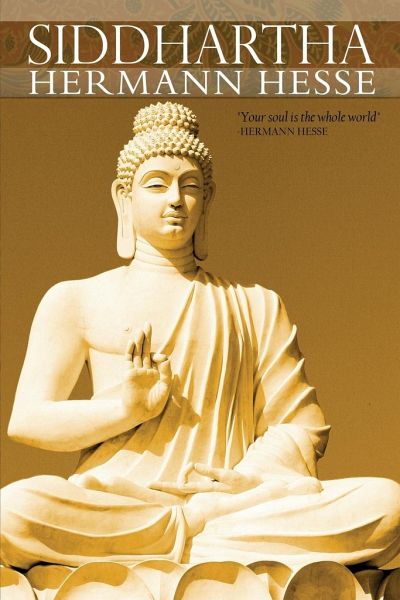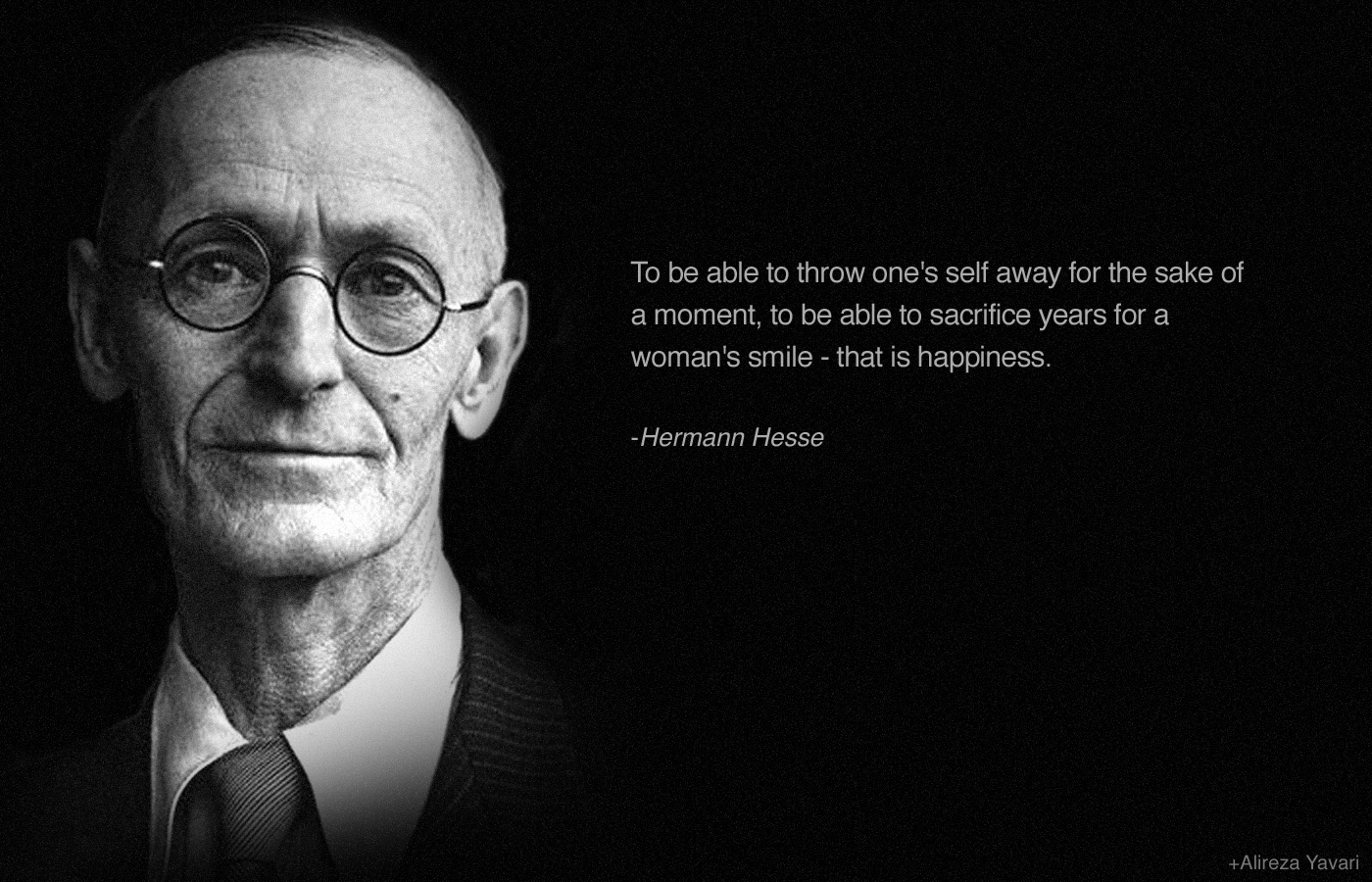
People mistakenly think that the book is about Gautam Buddha.

It resonated with the hippie generation of the sixties, tapping into their alienation and giving them a flavor of the mystical practices of the East they were turning to for solace. The book became widely accessible after the 1955 translation into English by Hilda Rosner.

Writing this book was cathartic for Hesse too and part of his self discovery as he dealt with his own despondency and existential angst. Published in 1922, after the First World War, Hermann Hesse’s Siddhartha struck a chord with Europeans looking for meaning in their lives. This book is called Siddhartha.” Hermann Hesse, My Belief, 1931 Vasudeva completes Siddhartha's entry into his final stage of self-realization by not attempting to teach or indoctrinate, but by showing Siddhartha that the inexplicable ways of the river promise revelation.“I have not only occasionally made a confession of belief in essays, but once, a little more than ten years ago attempted to set forth my belief in a book. The despair which follows prepares us for the final realization of a middle-aged Siddhartha: Pursuing the way of the sense deity, Kama, will lead to nothingness. The transparency of this illusory world only becomes apparent to Siddhartha after he has had the chance to experience this time-bound world directly. His traversing the river into the city is, likewise, an integral phase of the quest. In all stages of his life, Siddhartha must, as his name suggests, "seek his own goal" in an untutored, unassisted first-hand quest. Siddhartha must experience Brahman spontaneously and without artificial preparation in order to transcend time and gain Nirvana.

The growth pattern of Siddhartha's entire life consists of several phases of conditioning which are necessary to attain a perfect unity with the Absolute. It is merely the means to the end with which he disagrees with his father and also with the Samanas, Gotama Buddha, and the Buddha-follower Govinda. Despite the fact that Siddhartha leaves his father, the influence of his Brahmin upbringing stays with him, for the goal of his life is the attainment of Nirvana.

The preeminent factor in a study of Hesse's Hindu protagonist is his growth from the impatience and impetuosity of youth and young adulthood to the fulfilled wisdom of age.


 0 kommentar(er)
0 kommentar(er)
